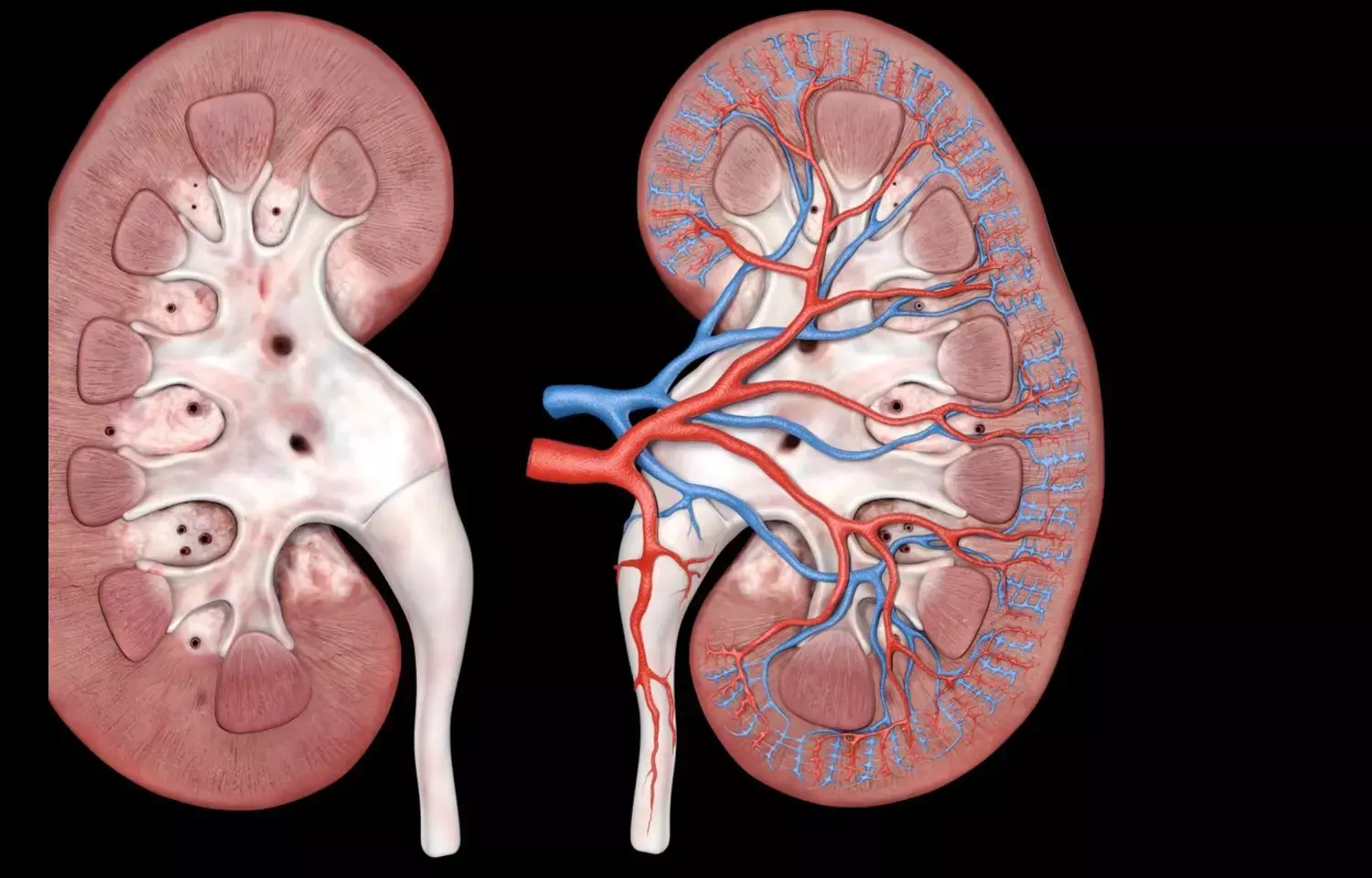- Home
- Medical news & Guidelines
- Anesthesiology
- Cardiology and CTVS
- Critical Care
- Dentistry
- Dermatology
- Diabetes and Endocrinology
- ENT
- Gastroenterology
- Medicine
- Nephrology
- Neurology
- Obstretics-Gynaecology
- Oncology
- Ophthalmology
- Orthopaedics
- Pediatrics-Neonatology
- Psychiatry
- Pulmonology
- Radiology
- Surgery
- Urology
- Laboratory Medicine
- Diet
- Nursing
- Paramedical
- Physiotherapy
- Health news
- Fact Check
- Bone Health Fact Check
- Brain Health Fact Check
- Cancer Related Fact Check
- Child Care Fact Check
- Dental and oral health fact check
- Diabetes and metabolic health fact check
- Diet and Nutrition Fact Check
- Eye and ENT Care Fact Check
- Fitness fact check
- Gut health fact check
- Heart health fact check
- Kidney health fact check
- Medical education fact check
- Men's health fact check
- Respiratory fact check
- Skin and hair care fact check
- Vaccine and Immunization fact check
- Women's health fact check
- AYUSH
- State News
- Andaman and Nicobar Islands
- Andhra Pradesh
- Arunachal Pradesh
- Assam
- Bihar
- Chandigarh
- Chattisgarh
- Dadra and Nagar Haveli
- Daman and Diu
- Delhi
- Goa
- Gujarat
- Haryana
- Himachal Pradesh
- Jammu & Kashmir
- Jharkhand
- Karnataka
- Kerala
- Ladakh
- Lakshadweep
- Madhya Pradesh
- Maharashtra
- Manipur
- Meghalaya
- Mizoram
- Nagaland
- Odisha
- Puducherry
- Punjab
- Rajasthan
- Sikkim
- Tamil Nadu
- Telangana
- Tripura
- Uttar Pradesh
- Uttrakhand
- West Bengal
- Medical Education
- Industry
Serum Lipid Levels Linked to Diabetic Nephropathy Risk in Diabetes Patients: Study

A new open-access study by Jia Wang, Haichen Pi, and Qianmei Sun, published in BMC Nephrology (2025), has found that abnormal serum lipid levels—particularly elevated total cholesterol and triglycerides—are associated with a higher likelihood of developing diabetic nephropathy in patients with primary diabetes.
The researchers analyzed data from thousands of individuals with type 1 and type 2 diabetes using the MIMIC-IV database, aiming to clarify the role of blood lipids in kidney complications. Their findings showed that higher levels of total cholesterol and triglycerides were consistently linked to a greater occurrence of diabetic nephropathy, while variations in high-density and low-density lipoprotein cholesterol did not demonstrate a significant relationship.
The authors explain that diabetic nephropathy, a leading cause of kidney failure, develops gradually through complex metabolic and vascular processes. Elevated lipid concentrations may accelerate kidney damage by promoting inflammation, oxidative stress, and lipid accumulation in renal tissues.
The study also found that the association between cholesterol levels and kidney disease risk varied by gender and kidney filtration rate, suggesting that lipid metabolism might affect renal outcomes differently across patient groups. This highlights the importance of evaluating lipid profiles not only for cardiovascular health but also as a potential indicator of kidney function decline in people with diabetes. From a clinical standpoint, these results strengthen the case for early and proactive lipid management in diabetes care. While blood sugar control remains central to preventing diabetic complications, this study adds that monitoring and regulating total cholesterol and triglycerides could offer an additional protective pathway against kidney damage.
The authors note that these findings can guide the use of lipid-lowering therapies in diabetic populations at risk of nephropathy, although further prospective studies are needed to confirm whether targeted lipid modulation can slow or prevent disease progression.
Reference: Wang, J., Pi, H., & Sun, Q. (2025). The relationship between serum lipid levels and diabetic nephropathy in patients with primary diabetes. BMC Nephrology, 26, Article 608. https://doi.org/10.1186/s12882-025-03752-5
Dr. Shravani Dali has completed her BDS from Pravara institute of medical sciences, loni. Following which she extensively worked in the healthcare sector for 2+ years. She has been actively involved in writing blogs in field of health and wellness. Currently she is pursuing her Masters of public health-health administration from Tata institute of social sciences. She can be contacted at editorial@medicaldialogues.in.
Dr Kamal Kant Kohli-MBBS, DTCD- a chest specialist with more than 30 years of practice and a flair for writing clinical articles, Dr Kamal Kant Kohli joined Medical Dialogues as a Chief Editor of Medical News. Besides writing articles, as an editor, he proofreads and verifies all the medical content published on Medical Dialogues including those coming from journals, studies,medical conferences,guidelines etc. Email: drkohli@medicaldialogues.in. Contact no. 011-43720751


